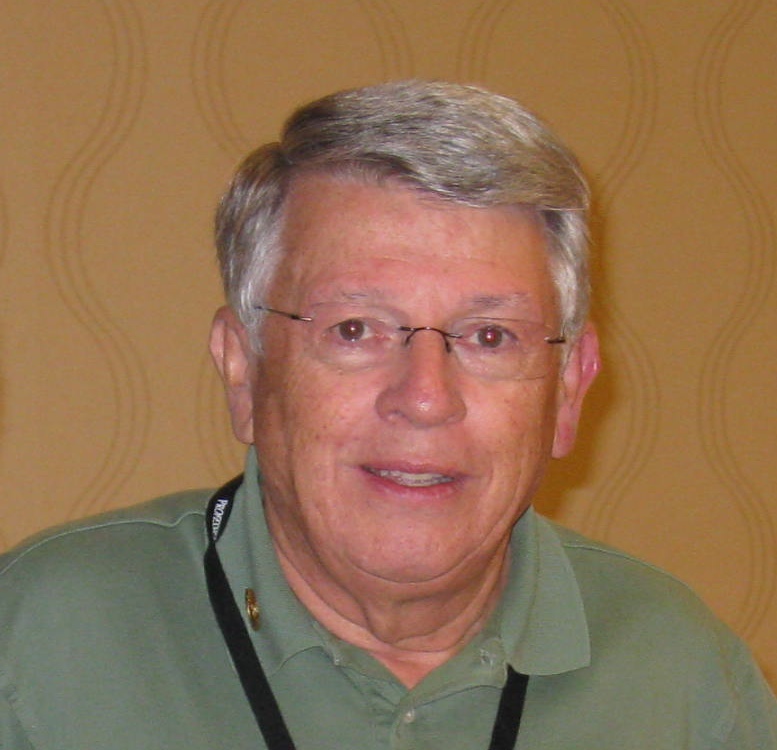Then Came Tomorrow for Credit Unions
 by: Steve Fowler, President/CEO, South Carolina Credit Union League
by: Steve Fowler, President/CEO, South Carolina Credit Union League
We are doing business in a rapidly changing environment. If we aren’t making plans to adapt to the changes that affect our business we will not remain relevant, viable, and successful. If your business model has served you well for years—even decades—that is no guarantee that changes in the marketplace will not render that model obsolete in a relatively short period of time.
In his June 11, 1935 address to the College of Commerce and Business Administration of Tulane University in New Orleans, Edward A. Filene said, “(W)hen events of revolutionary significance occur, the most practical thing that the most practical man can do is to consider the meaning of those events.”
If we would only study change instead of some transient aspect of it, change would not shock us as it does. To be prepared for what lies ahead, we must study business in terms of the changes which business will bring. Technology has changed how we deliver service, how we communicate with our audience, how we produce our services and products, and how we allocate resources.
Astronomers are able to date coming eclipses to the very minute because they are not content to study the location of the stars and planets, but instead insist on finding out where they are going and at what rate of speed. We should take the same approach when we study our business: find out where business is going and when the changes will occur so we can respond in a positive manner. Consider the following changes as we look to the future.
The radical change in time management must not be overlooked. While each of us still has 24 hours in a day, each of us is attempting to squeeze more and more into those precious hours. We must prioritize how we allocate our time. Each business must respond to our members desire to receive the best financial services in the most convenient and time-efficient manner.
Today our members are inundated with choices—hundreds of television stations, video on demand on smart phones, tablets, and other electronic devices, cars that have options most of us never imagined—and the list continues. New products and services are being introduced daily. Few needs or wants are overlooked by enterprising businesses. Americans have come to expect that they will get what they want when they want it and how they want it. This phenomenon has created an expectation of value among our members. How do we meet that?
These days we serve multiple generations and while this isn’t a new issue, we serve more generational groups than at any other time. Each group has its own characteristics, wants, and needs. We must find ways to attract and maintain younger members while continuing to serve our mature members.
For many years, credit unions did not compete with other credit unions. They enjoyed single-sponsor fields of membership and usually were subsidized by the sponsor with space, employees, and payroll deductions. Today, all of that has changed drastically. Competition comes from the traditional for-profits, other credit unions, and new sources like State Farm Insurance, brokerage firms, and the like. The traditional financial service provider definition has been blurred and forever changed. How do we brand ourselves and educate, attract, and retain our members?
What did we do before the Internet and what will we do with the Internet? Technology is moving at the speed of light. The high cost of technology, the rapid changes, the member expectation of technology, and the security risks must be balanced against convenience, cost-saving delivery of member communications, and member demands. Where do you see technology going and do you get the best return for your investment dollar?
How we identify and timely respond to change will determine the likelihood that our business will continue to survive or if it will fade away into history.
Steve Fowler is the president and CEO of the South Carolina Credit Union League and Affiliates. Steve joined the League in 1971 as a credit union auditor and served in that capacity until named Member Services Representative in November 1972.
Steve has held the positions of manager of credit union marketing services, Inc., senior vice president of corporate and correspondent services, and executive vice president of advocacy and association services.
Steve has served as a member of the advisory board for the Richmond District of the US Federal Reserve, as a member of the Governor’s Anti-Predatory Lending Task Force, and as a member of the SC Consumer Protection Agency’s Advisory Council. He is currently a member of three Credit Union National Association committees; is a trustee of the Southeastern Regional Credit Union Schools; and is a board member of the Carolinas Credit Union Foundation. www.SCCUL.org





